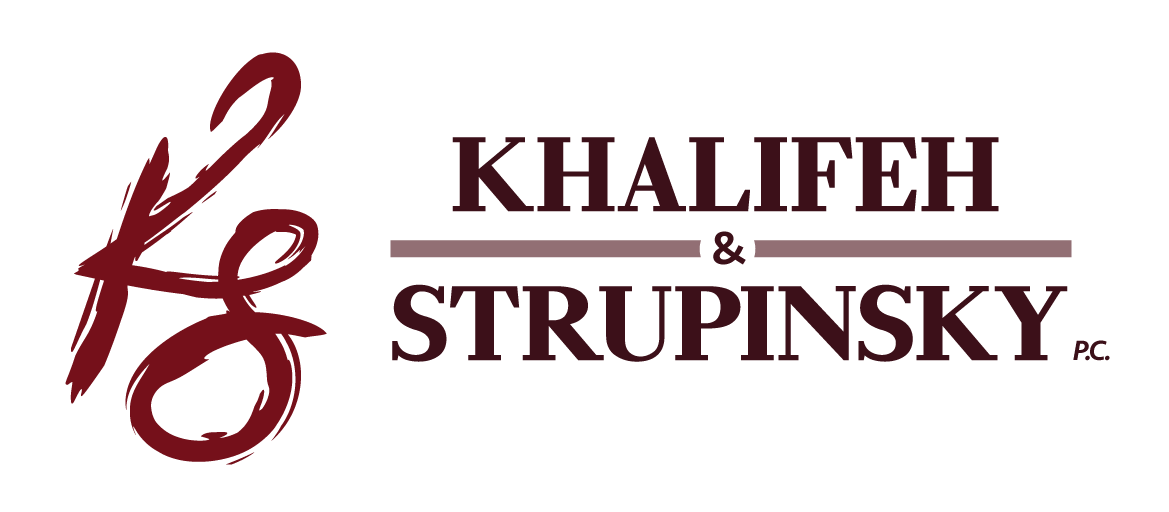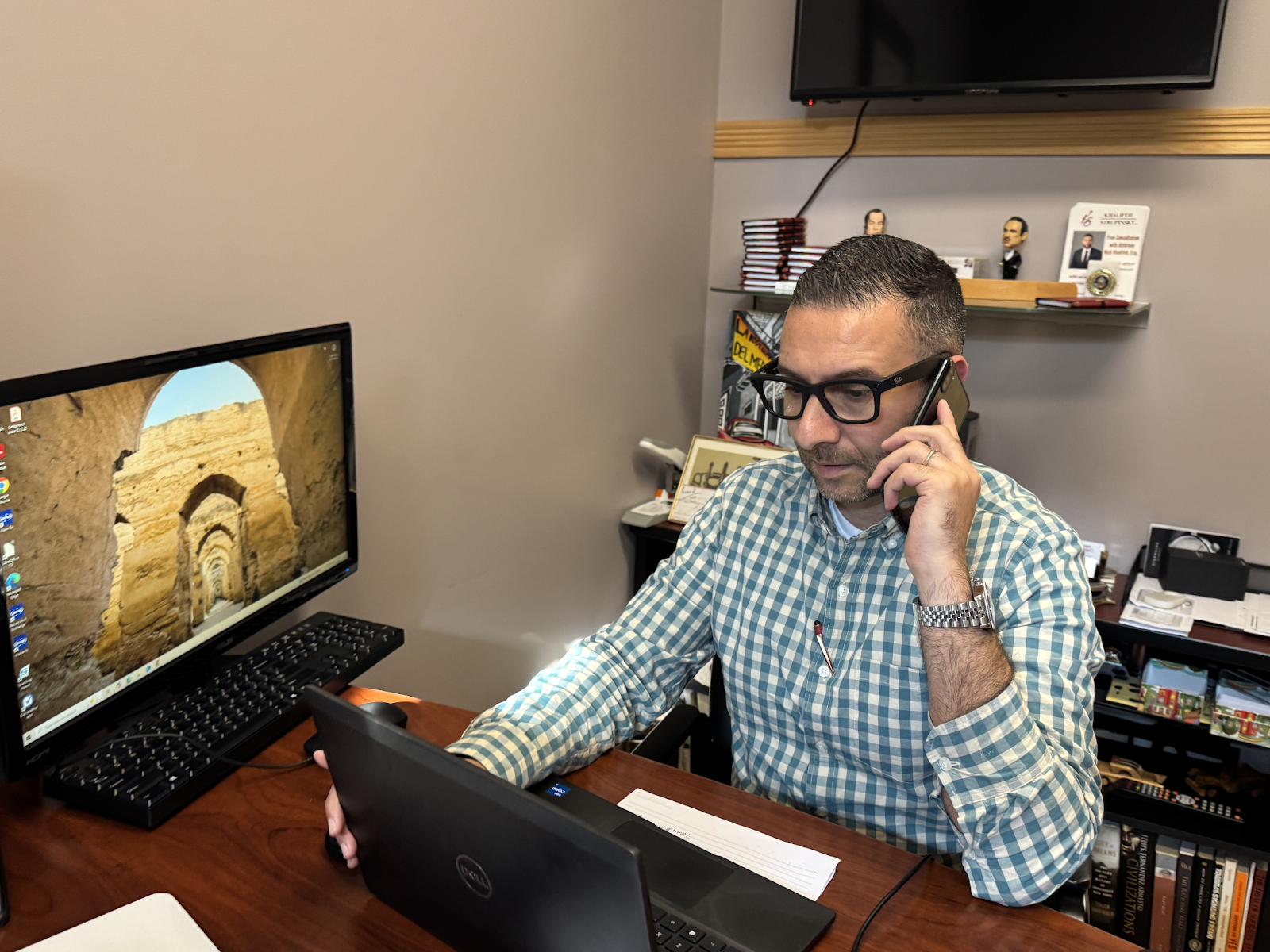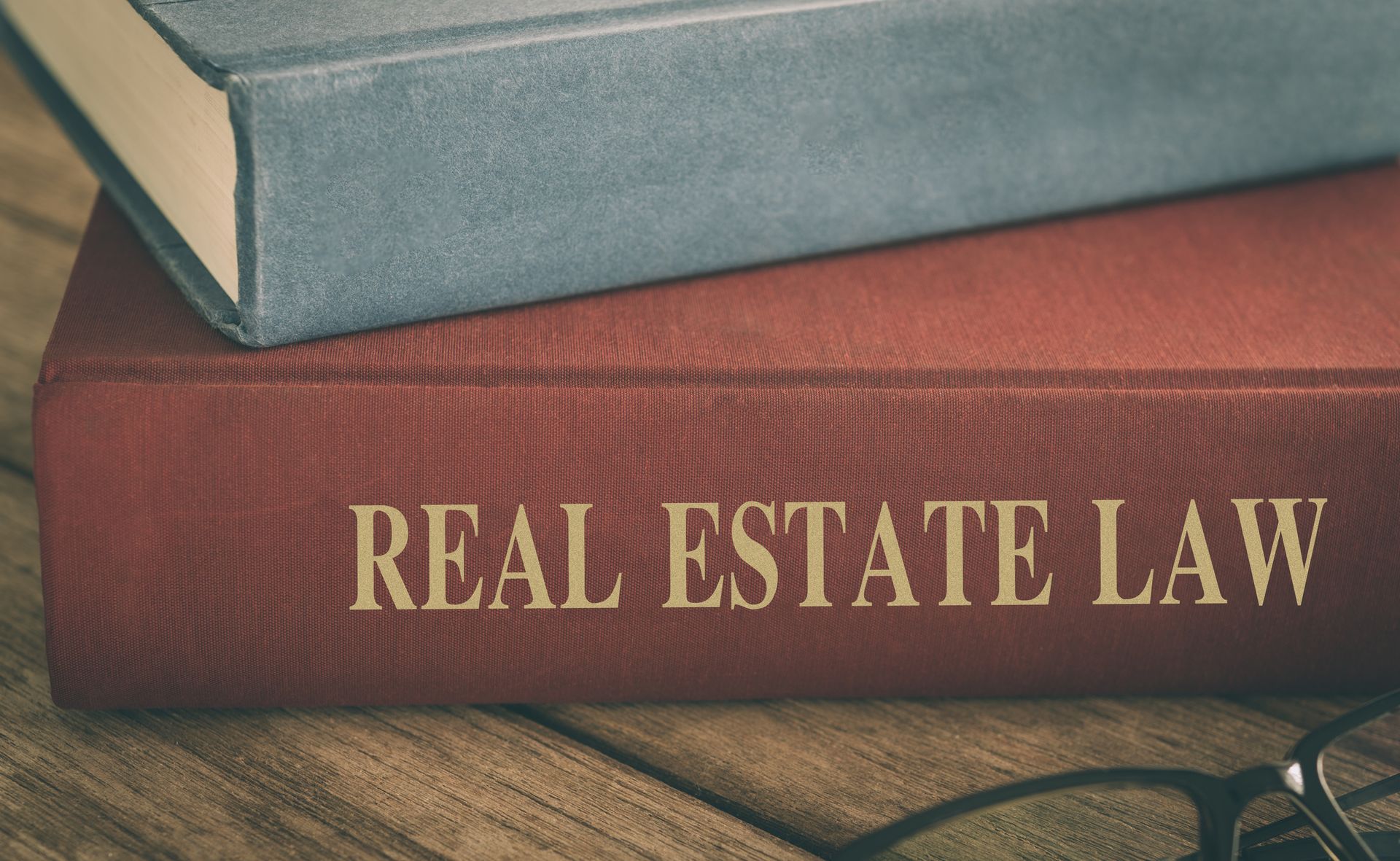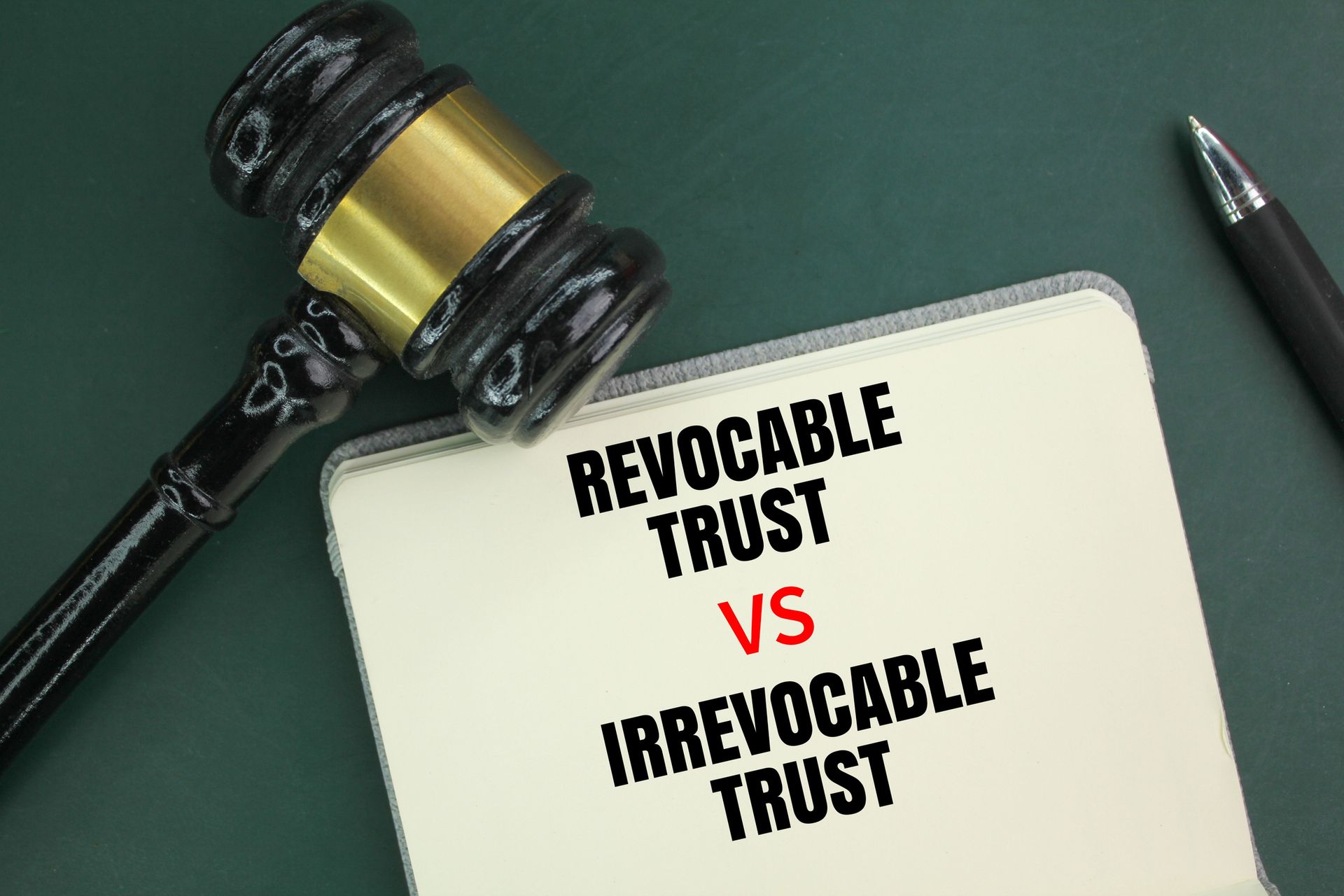Does Your Elderly Parent Need a Medical Directive?
Planning for the future is an essential aspect of caregiving, especially when it involves the health and well-being of elderly parents. Among the legal preparations that can make a substantial difference is establishing a medical directive. This legal document provides clear guidance to healthcare providers and family members when an individual can no longer communicate their medical preferences. But how can you tell if your elderly parent needs one, and what steps should you take?
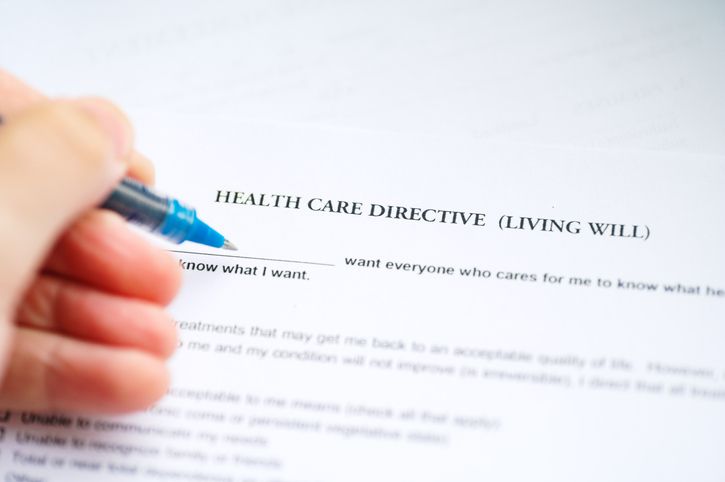
Understanding Medical Directives
Medical directives include documents such as living wills and healthcare powers of attorney. These instruments specify a person's healthcare preferences for situations in which they are unable to express their wishes. They help ensure your parent's treatment plan reflects their values, while also alleviating the burden on loved ones faced with difficult decisions during medical emergencies.
The Role of a Living Will
A living will is a fundamental part of a medical directive. It outlines which medical treatments an individual would accept or decline. By making these choices clear in advance, a living will helps avoid confusion or disagreement among family members during times of crisis.
The Importance of a Healthcare Power of Attorney
A healthcare power of attorney allows an appointed individual to make medical decisions on behalf of your parent when they are unable to do so themselves. This decision-maker is typically a trusted relative or friend who understands the parent's preferences and values. Having this designation in place ensures that decisions are made by someone your parent would trust.
1. Reducing Family Conflict
Without a medical directive, families may struggle with conflicting opinions about what is best. In emotionally charged situations, disagreements can escalate quickly. A documented directive provides clarity, helping family members follow a clear course of action that respects the parent's wishes.
2. Reflecting Personal and Cultural Values
Medical directives allow individuals to incorporate personal beliefs, values, and cultural practices into their healthcare planning. Whether it involves the choice of medical procedures or end-of-life care, these documents help ensure that care decisions reflect the individual's unique perspective.
3. Avoiding Unwanted Medical Treatments
For elderly parents who have specific views about life-sustaining procedures, a medical directive is a protective measure. It clearly states which interventions are to be avoided, allowing healthcare providers to respect the patient's autonomy and preferences.
4. Starting the Process
Establishing a medical directive begins with an open conversation about healthcare values and priorities. After discussing options with your parent, it is advisable to consult a legal professional experienced in estate planning or elder law. These documents should also be reviewed periodically to accommodate any changes in health status or preferences.
5. The Importance of Early Planning
Waiting until a health emergency arises may limit options and increase stress. Initiating these discussions early allows your parent's wishes to be documented in a legally sound manner, giving the entire family greater confidence in the care decisions that lie ahead.
Contact Khalifeh & Strupinsky, P.C.
If you're unsure how to begin the process of creating a medical directive for your elderly parent, we can help. At Khalifeh & Strupinsky, P.C., we assist families in New York with drafting legally compliant and personalized medical directives that respect their loved ones' healthcare preferences. Contact us today at 917-717-5007 or complete our online form to schedule a consultation.



